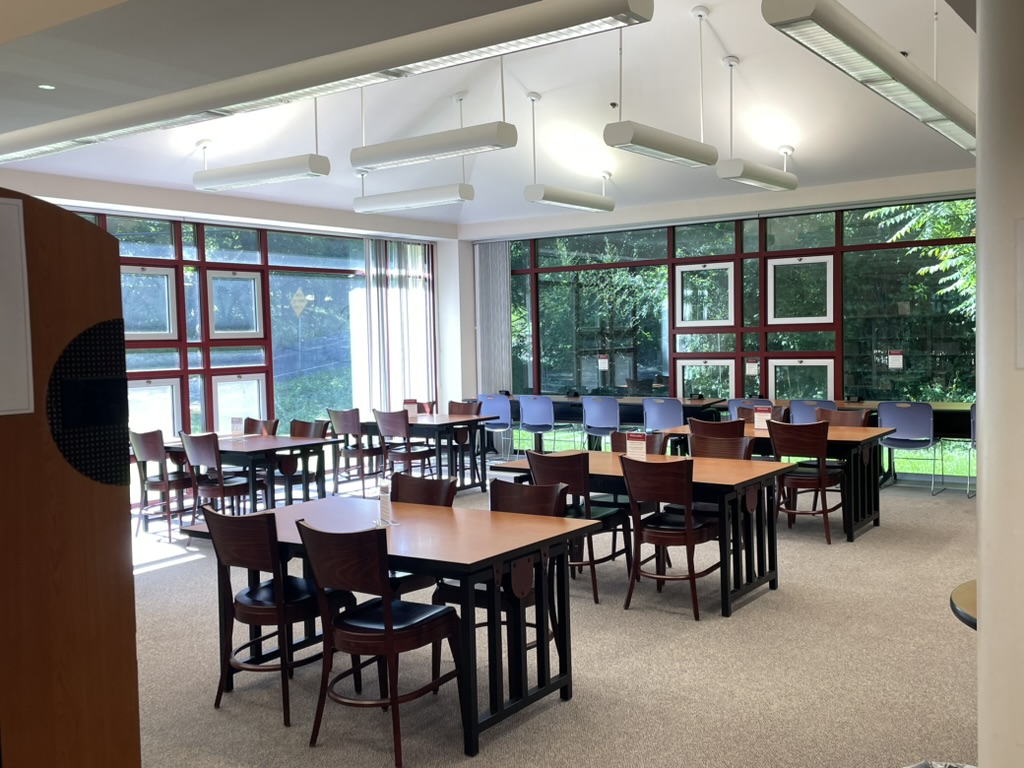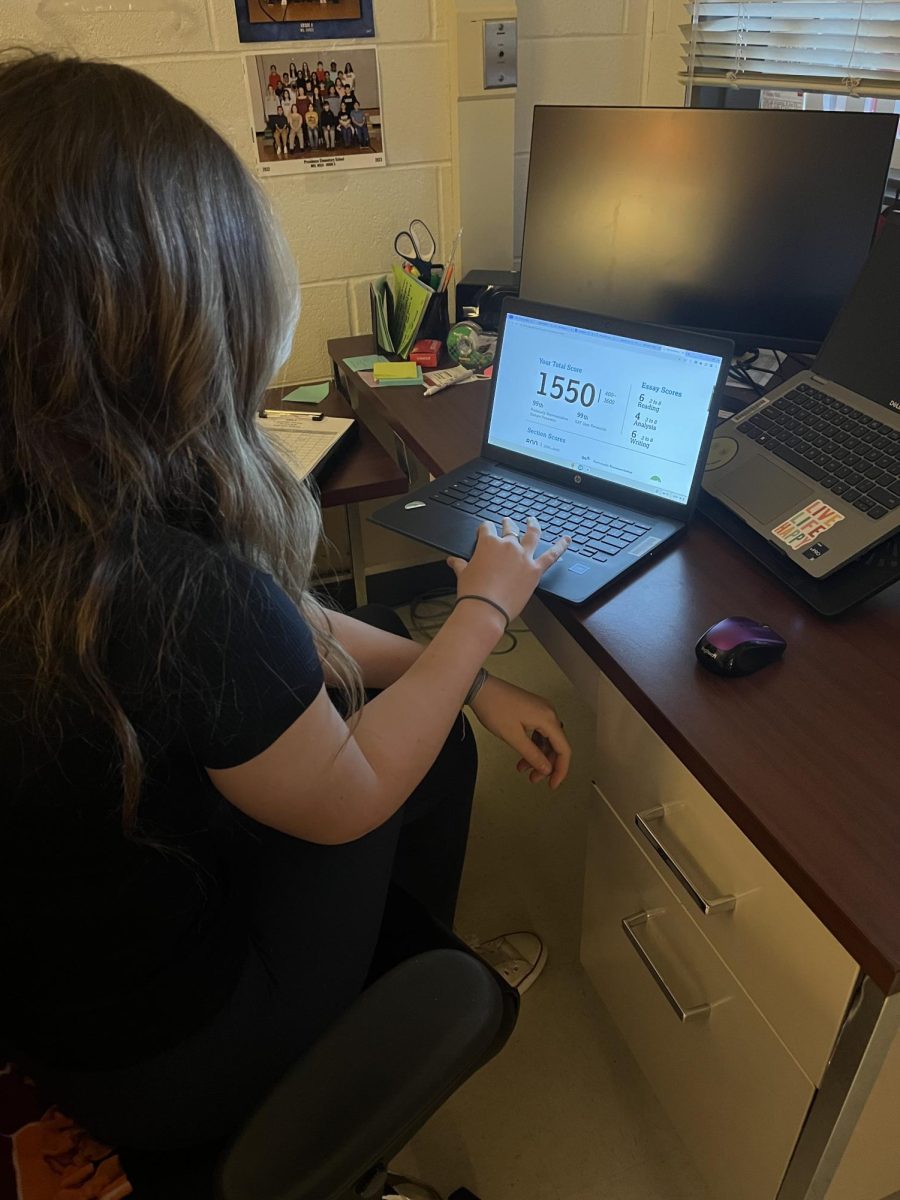Your final biology grade will be determined by the next exam. Walking into the classroom with nothing but three hours of sleep under your belt and no preparation is probably not the best idea.
Developing an effective study routine or method can help produce consistent grades and test scores, but it’s up to you to find what works best for you. Luckily, there are plenty of methods to choose from.
1: Study groups
Finding a group of students in the same class can be helpful for not only your score, but the group’s as well. Study groups bounce ideas off of each other, work through problems together, and provide different perspectives from each person.
It is easy, however, to get off task if you are studying with friends. Try making the environment productive for everyone by finding a specific place to study in or maybe even set a timer for a period of solid work before breaks.
2: Feynman technique
How do you know when you have full mastery of a subject? You can teach it.
The Feynman Technique involves teaching the material either to yourself or someone else.
Start with choosing a concept or topic that you want to learn, teach it without help, and return to the material if you get stuck. Take note of what areas you struggle in to return to later and better understand. This gives you a good understanding of what you are confident in and what needs more work.
3: Active recall
Passive reading is not effective for retaining information. Active recall aims to force your brain to retrieve information about a subject.
Active recall involves testing yourself on the information you want to study.
Start by creating questions about the topic and test yourself repeatedly. By testing yourself over and over again, your brain is forced to retrieve the information that it has stored. This helps to better retain the content long term by frequently revisiting the information instead of cramming all at once.
4: Flashcards
For topics with lots of terms for memorization, flashcards are a great way to memorize definitions.
A simple pack of index cards, or even cut up pieces of paper can serve as effective flashcards. Simply write the term that you want to remember on one side of the paper, and the definition on the other. Use the cards to test yourself.
To step up the flashcards, try having a friend quiz you on the terms so you have to say the answers out loud.
5: Practice problems
Repetition through practice problems is a great way to strengthen your math and science skills. Many math and science classes like physics and chemistry require working through problems using math and reasoning skills. The only way to get better at that is through practice.
Most teachers are more than happy to provide more practice problems upon request. If they’re not, Google is also a good resource, just be sure the problems are specific to your class and difficulty level. Don’t do those HL IB problems if you don’t have to!
6: Revisit and rewrite notes
Taking a highlighter to some old notes from the beginning of a unit can help remind you of things that may have been forgotten.
Actively engage with the older content by highlighting important terms and concepts. For more retention, rewrite the notes. Writing notes on paper versus typing on a computer is more effective for remembering information long term and with more detail.
7: Environment and spacing
Having the right environment to study in makes a difference in overall productivity and clarity on a topic.
As the saying goes: “A cluttered desk is a cluttered mind.”
Clearing your space of distractions and clutter can help focus on the topic at hand. Try organizing your supplies with pencil cups or throw away or relocate things in your space you don’t need anymore.
Also, studying in your bedroom is not ideal, with a warm comfy bed taunting you from your chair. A good way to not succumb to the temptation of your bed is to find a different space that is quiet and clear of other distractions.
Spacing out study sessions is also crucial. Studying for extensive periods of time decreases focus and productivity. Taking a 10-15 minute break after every 30-60 minutes of work will maintain productivity and work completion.
“It’s absolutely more valuable long-term to do gradual studying over multiple nights rather than trying to cram it right before a test,” said IB Physics teacher David Tyndall.
Although studying is important, remember to make time for yourself to enjoy other hobbies and activities. Rest is also just as important as work. A good balance of work and rest will create healthy habits and effective learning.















